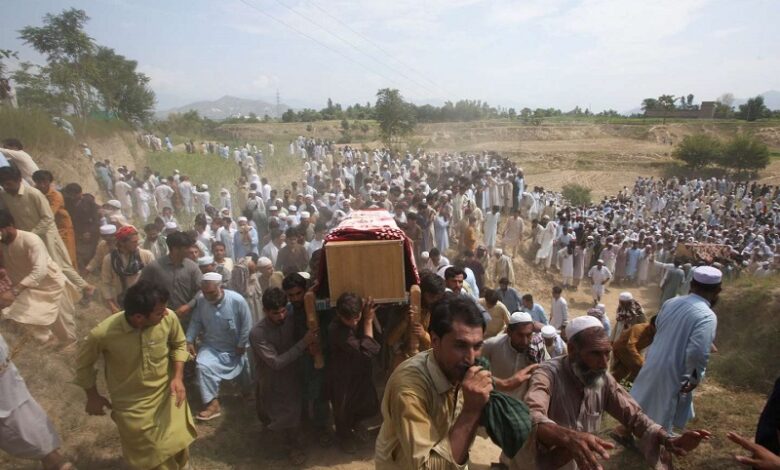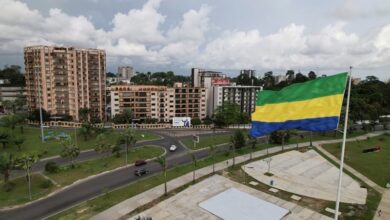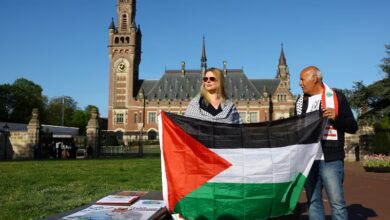ISIS Implicated in Devastating Suicide Attack at Political Convention in Pakistan’s Khyber Pakhtunkhwa Province

A tragic incident unfolded in Pakistan’s volatile Khyber Pakhtunkhwa province on Sunday, as a suicide attack targeted a political convention hosted by the conservative Jamiat Ulema Islam-Fazl (JUI-F) party. The devastating blast claimed the lives of at least 46 people and left over 100 others injured. Recent developments indicate that the outlawed terrorist group ISIS may be behind this heinous act of violence.
The political gathering, attended by more than 400 members of the JUI-F party, took place under a canopy in the town of Khar, which lies near the Afghanistan border. The JUI-F is well-known for its affiliations with hardline political Islam, making it a potential target for extremist groups seeking to disrupt peace and sow chaos in the region.
Law enforcement authorities in Khyber Pakhtunkhwa have launched a meticulous investigation to ascertain the perpetrators responsible for this abhorrent act. Preliminary findings have pointed to the involvement of the banned militant organization Daesh, commonly known as ISIS. If confirmed, this revelation would reinforce concerns about the resurgence of ISIS-linked activities in the area.
The attack on the political convention has sent shockwaves throughout the country, prompting nationwide outrage and grief. Such acts of violence not only target individuals but also aim to destabilize the democratic process, undermine social harmony, and challenge the authority of the state.
Khyber Pakhtunkhwa has long been grappling with security challenges due to its proximity to conflict-prone regions and its own history of extremist movements. Despite the efforts of law enforcement agencies to curb terrorism, attacks like this serve as a stark reminder of the persistent threats posed by extremist elements.
The international community is closely monitoring the situation in Pakistan, as ISIS remains a global security concern. The group’s transnational reach has resulted in devastating attacks in various parts of the world, leaving governments and security agencies on high alert.
The implications of ISIS involvement in the Khar attack extend beyond Pakistan’s borders. Neighboring Afghanistan, in particular, has been witnessing an increase in violence, with extremist groups attempting to gain control and assert their influence. The attack in Khyber Pakhtunkhwa serves as a distressing indicator of the interconnected nature of terrorism and the need for regional cooperation to counter this menace effectively.
In the face of such adversity, the government of Pakistan must bolster its counter-terrorism efforts, enhance intelligence sharing, and strengthen border security measures. Additionally, proactive steps should be taken to address the root causes of radicalization and extremism within the country. This includes promoting education, socioeconomic development, and interfaith dialogue to foster a more inclusive and tolerant society.
Furthermore, political and religious leaders play a pivotal role in shaping public opinion and must unite in their condemnation of terrorism and extremism. They should emphasize the importance of peaceful democratic processes as the means to resolve differences and grievances.
The resilience of the people of Pakistan is put to the test with each act of terror. However, in the aftermath of such tragedies, the nation has demonstrated its capacity to stand united and unwavering against these threats. The spirit of solidarity among citizens is a powerful force that can help build a safer and more peaceful future for the country.
It is crucial that the government and security forces leave no stone unturned in bringing those responsible for the attack to justice. Swift and transparent investigations, coupled with fair trials, will send a strong message that terrorism will not be tolerated, and perpetrators will be held accountable for their actions.
News Mania Desk/ Agnibeena Ghosh






